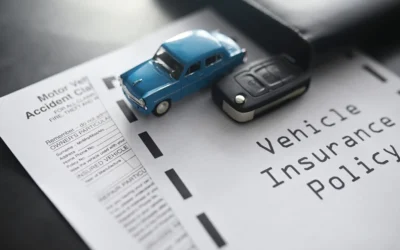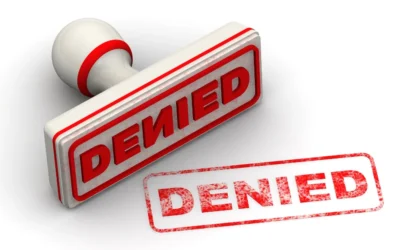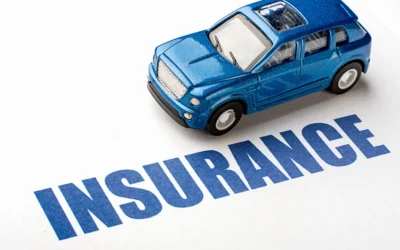If you’ve been injured in an accident, you’re already dealing with pain, stress, and uncertainty. The last thing you need is to battle your insurance company to get the help and compensation you’re owed. Sadly, some insurers act in bad faith and in Florida, that’s not just frustrating, it may be illegal.
In this article, we’ll explain what bad faith insurance means, how it affects your claim, and what you can do if you think it’s happening to you or someone you care about.
What Does “Bad Faith Insurance” Mean?
In Florida, insurance companies are legally required to act in good faith. This means they must:
- Investigate claims fairly and promptly
- Communicate honestly and clearly
- Offer reasonable settlements when a claim is valid
- Avoid unnecessary delays
When an insurance company fails to meet these standards, it may be acting in bad faith essentially, not keeping its promise to policyholders.
Examples of Bad Faith Actions:
- Denying a valid claim without explanation
- Ignoring your calls or refusing to communicate
- Delaying payment without a valid reason
- Misrepresenting your policy coverage
- Offering unreasonably low settlements
- Failing to investigate your claim properly
These actions can leave you without the resources you need for medical care, repairs, or basic recovery.
Why It Matters in Florida
Florida law recognizes first-party and third-party bad faith claims.
- First-party bad faith happens when your own insurer mistreats you (e.g., under a health, auto, or homeowner policy).
- Third-party bad faith involves your insurer’s failure to protect you in a lawsuit from someone else’s claim (like after a car accident where you’re at fault).
Florida has specific laws (like Florida Statutes § 624.155) that allow policyholders to take legal action when insurance companies act in bad faith. But there are steps you need to take first and that’s where legal support comes in.
What to Do If You Suspect Bad Faith
If something feels off in how your insurer is handling your claim, trust your instincts. Here’s what you can do:
1. Document Everything
- Keep records of all emails, letters, texts, and phone calls.
- Note dates, names, and what was said or promised.
2. Request Written Explanations
- Ask your insurer to explain delays or denials in writing.
3. Don’t Accept Low Offers Without Review
- A rushed or very low settlement might be a red flag.
4. Consult a Florida Bad Faith Insurance Attorney
- A licensed attorney can help you understand your rights and fight back.
Helpful Tip:
Florida law typically requires a Civil Remedy Notice (CRN) to be filed before a lawsuit can move forward. This gives the insurer 60 days to fix the issue but don’t worry, your attorney will guide you through this step if needed.
You’re Not Alone Help Is Available
It’s overwhelming to deal with an injury, medical appointments, bills, and now a difficult insurance claim. But you’re not alone. There are experienced professionals who can help you navigate both your recovery and your rights.
At Hurt Aid, we connect people like you with licensed Florida attorneys who understand bad faith insurance laws and qualified medical providers who can support your healing.
What’s Next?
If you believe your insurance company isn’t treating you fairly:
- Reach out to Hurt Aid to be connected with legal and medical professionals.
- Act quickly — delays can limit your options.
- Take care of your health — and let trusted professionals handle the legal side.
You don’t have to fight this alone.





